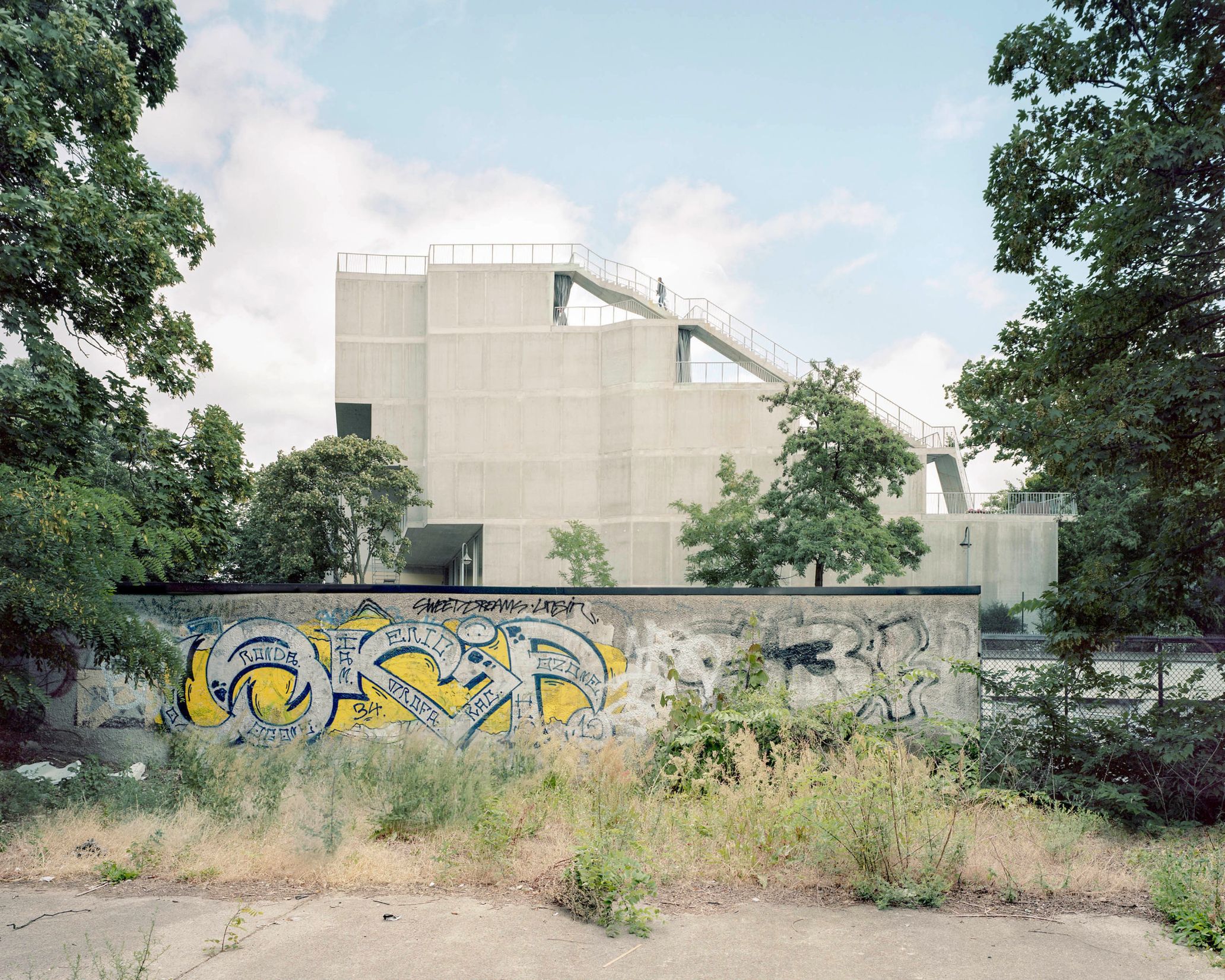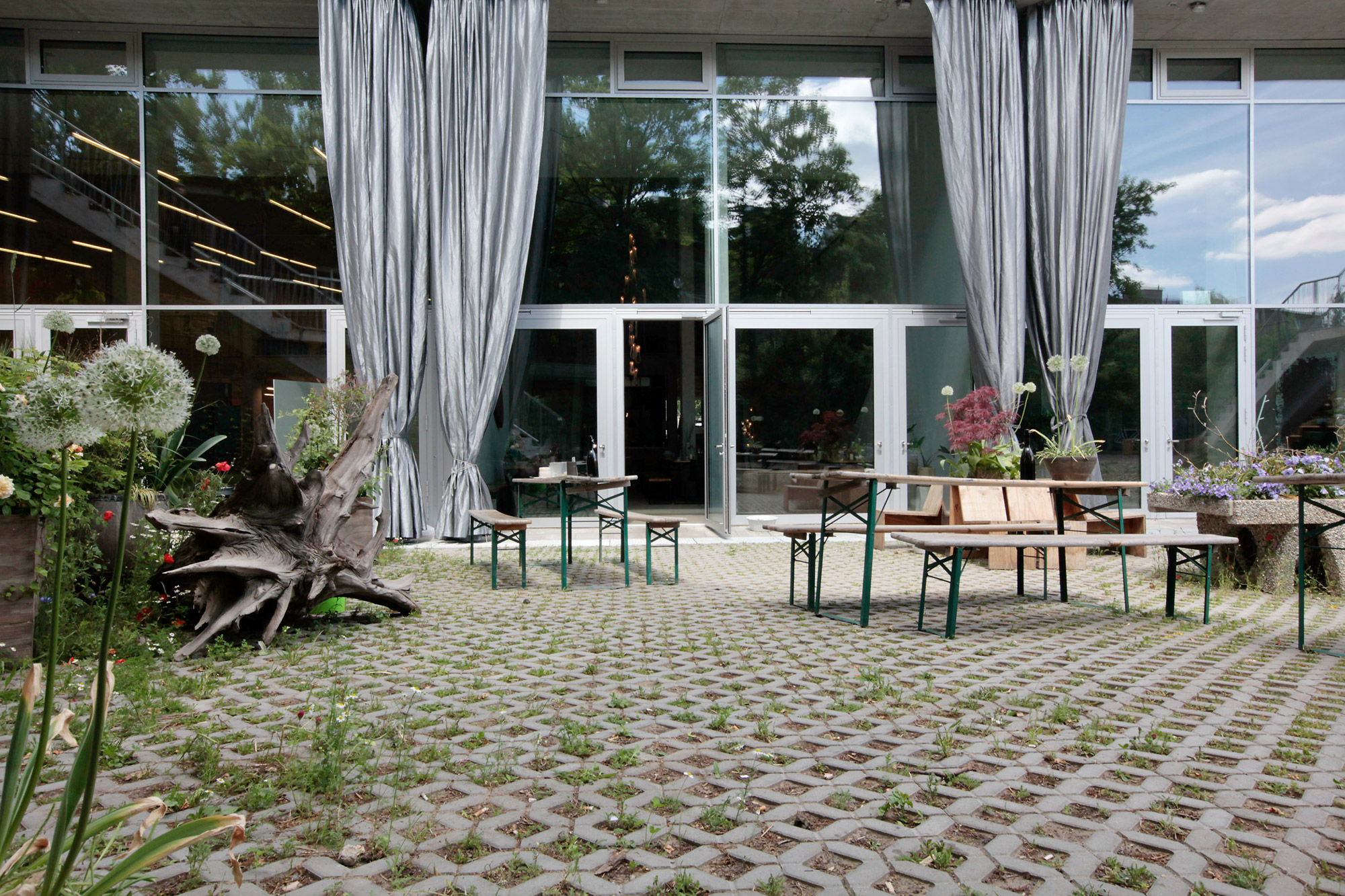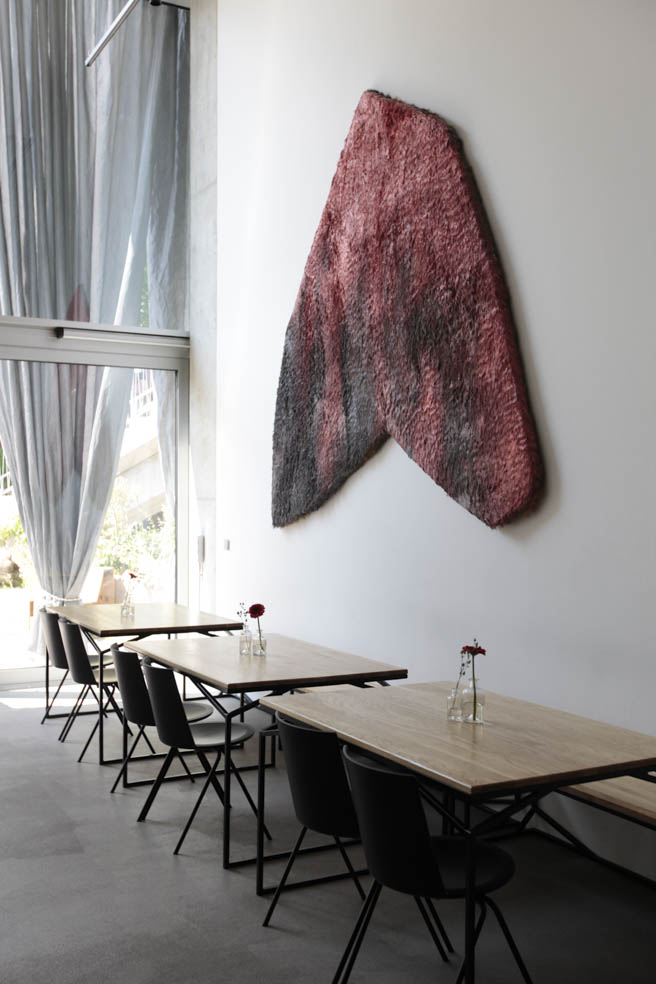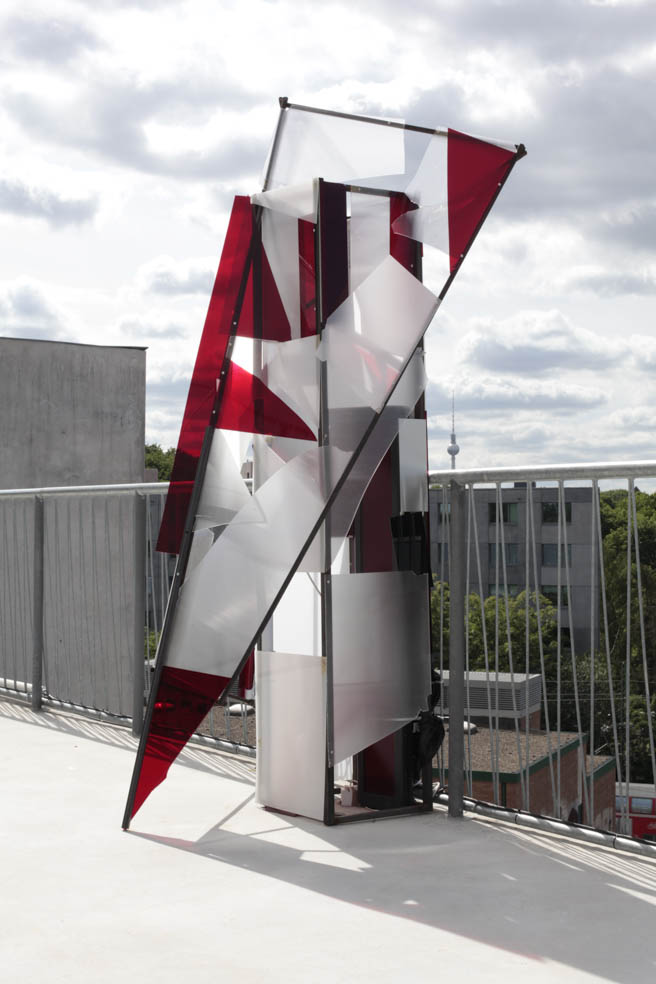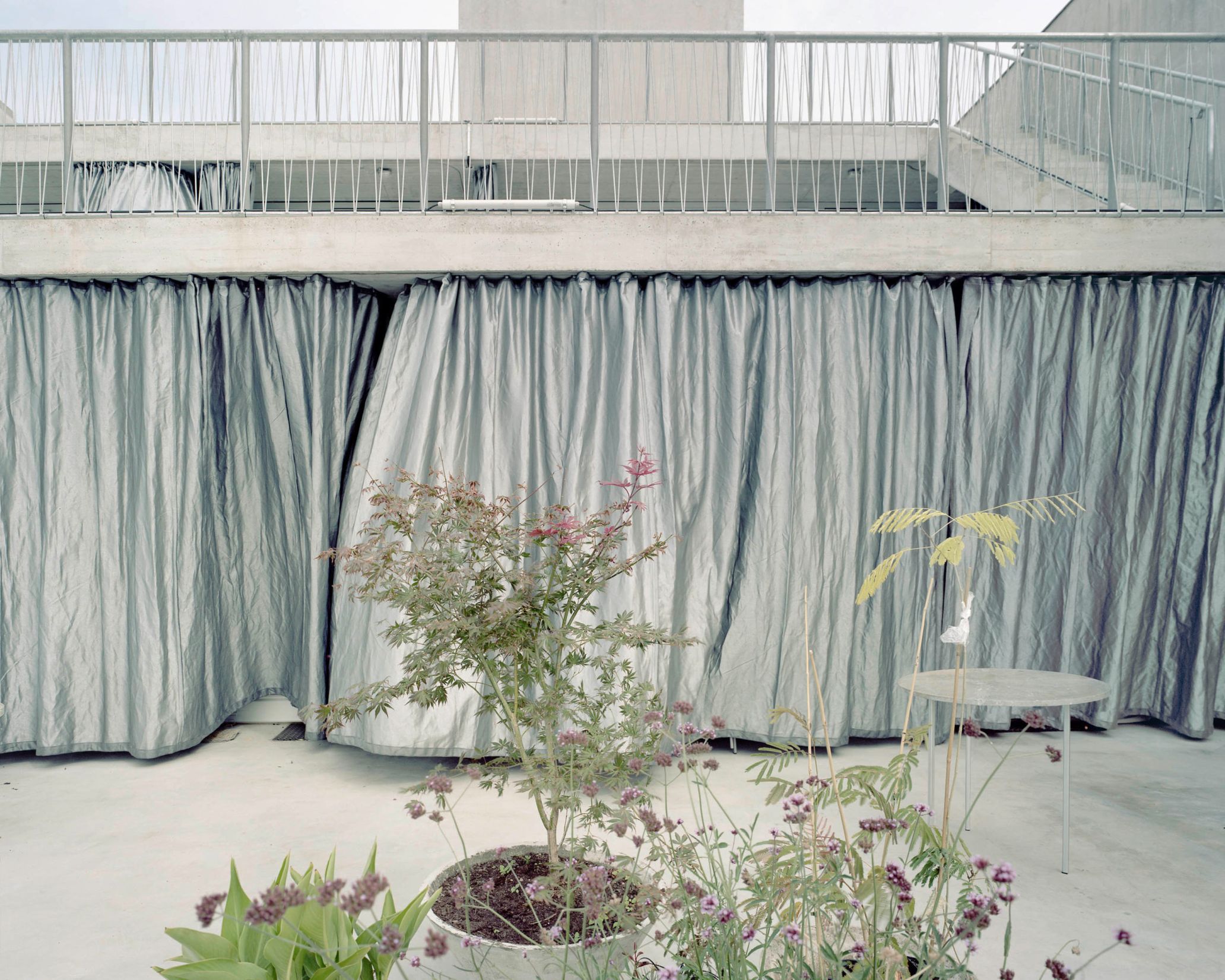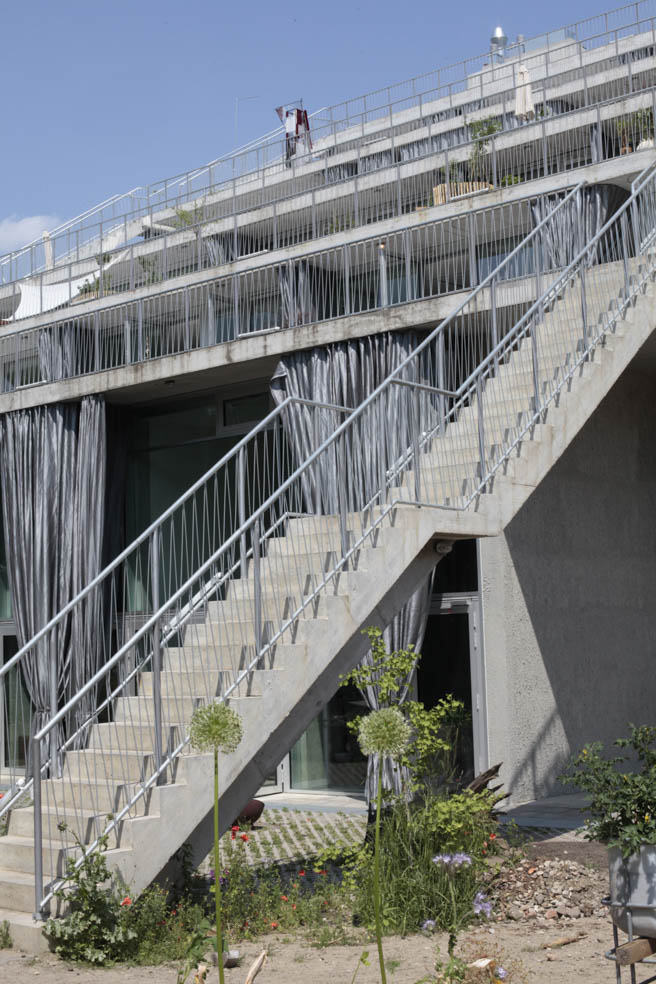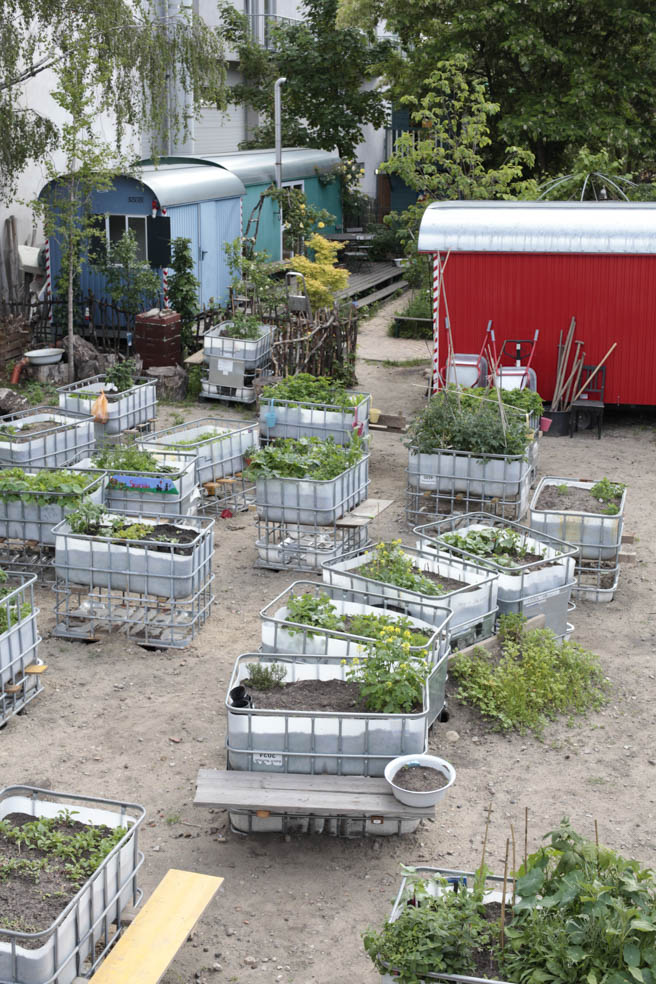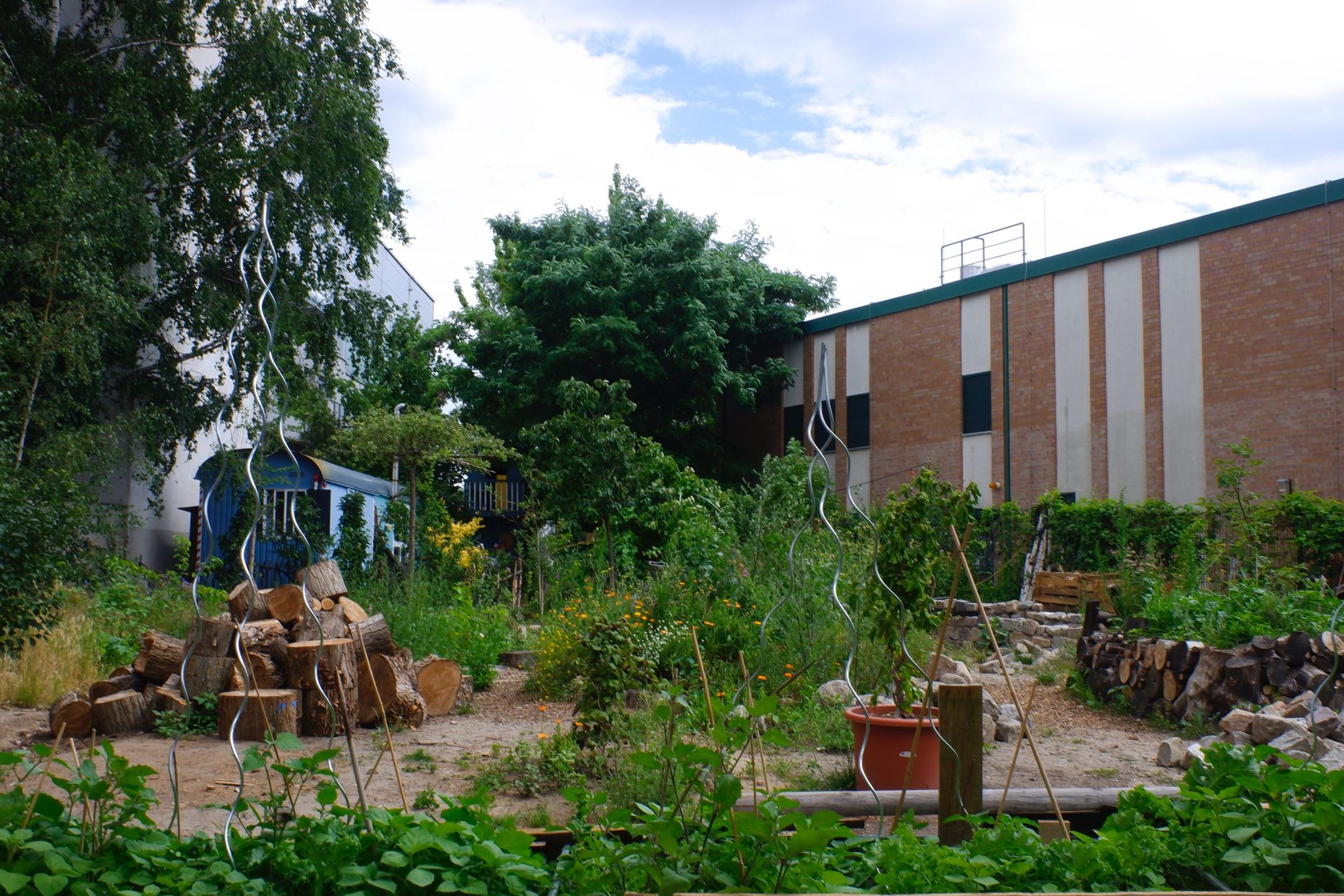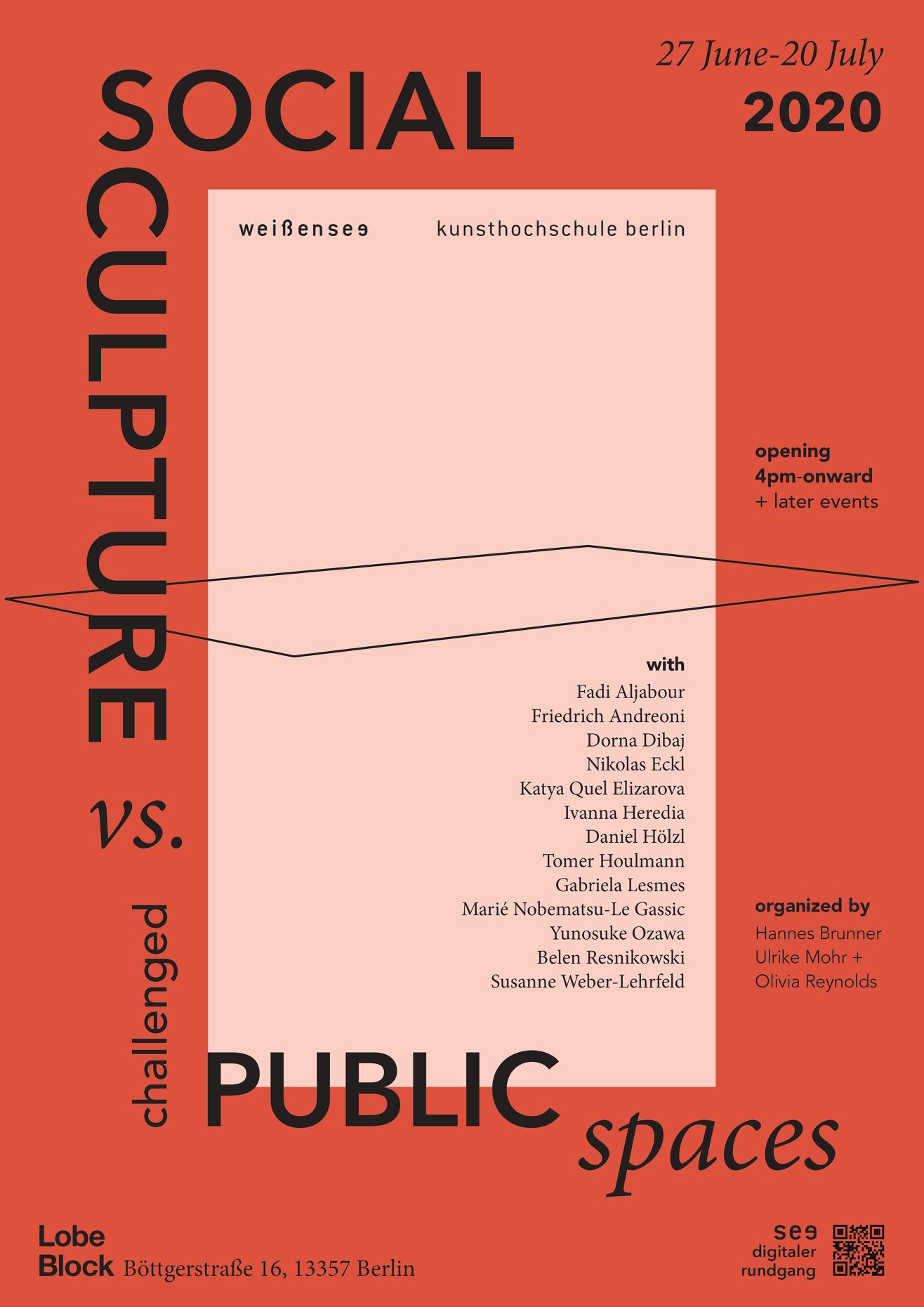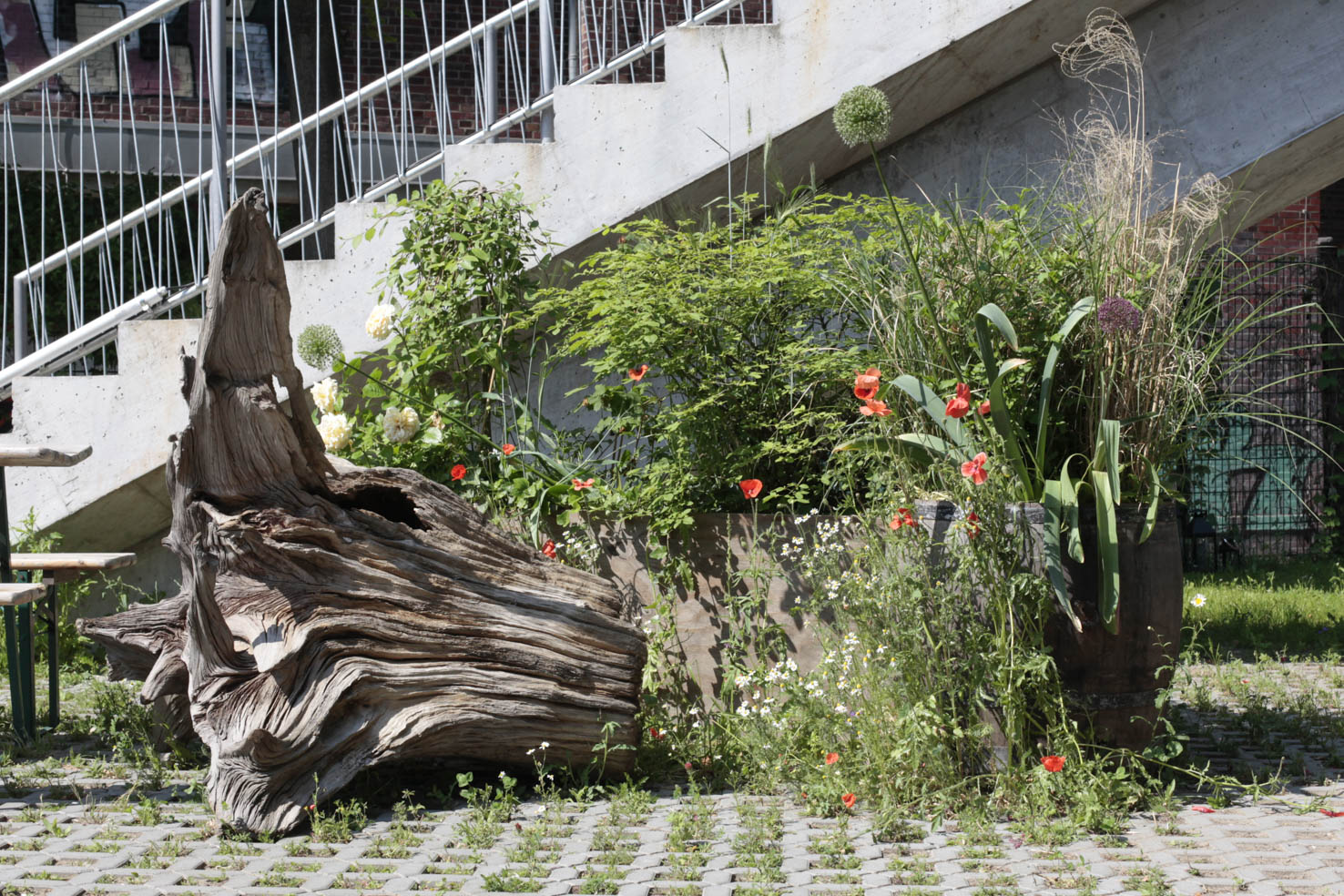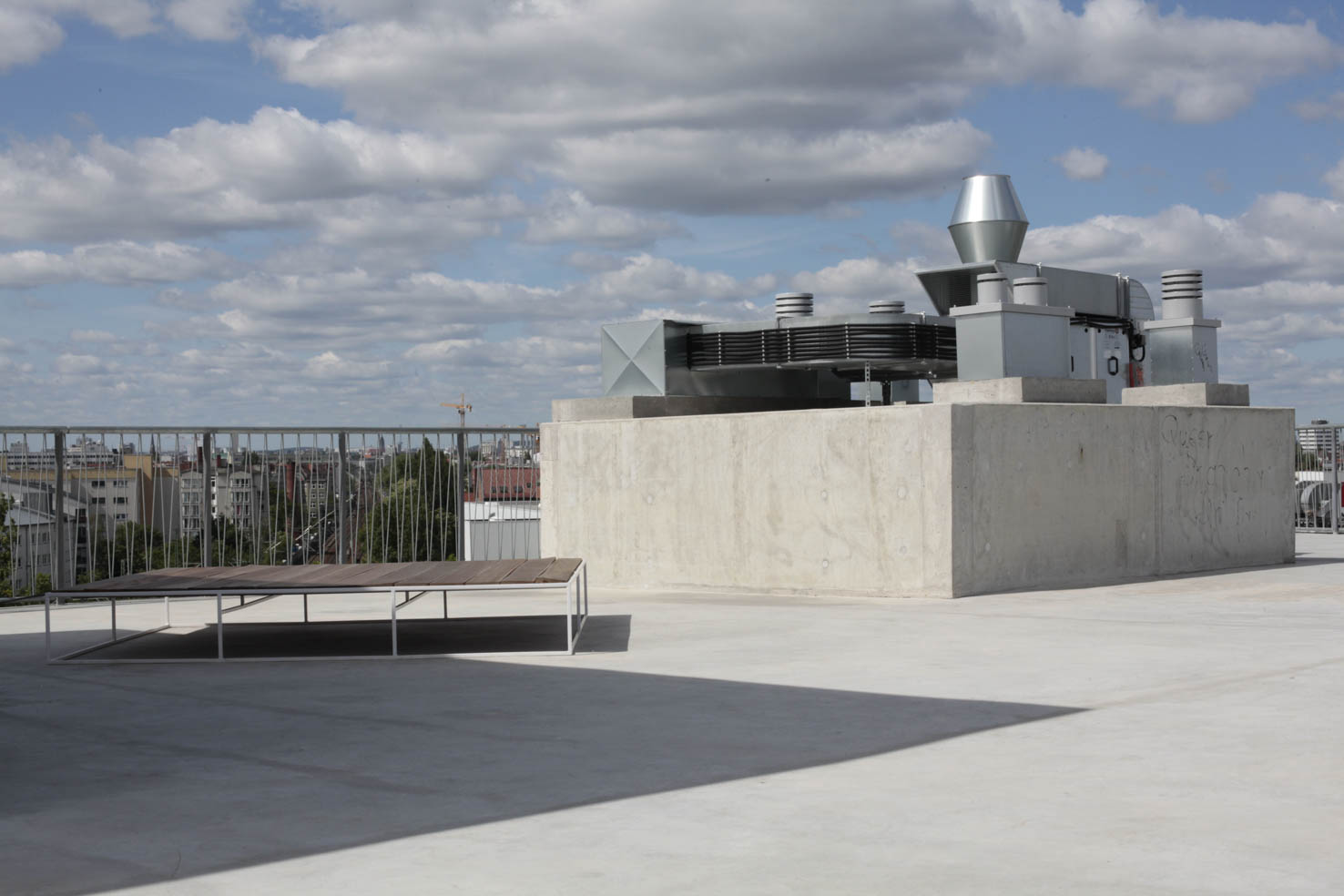As the capital of Germany, Berlin is a city in which a diverse array of peoples and cultures intermix, yet a peculiar atmosphere has taken hold, dampening all sense of this energy and excitement. The world-renowned club Berghain occupies a state of ecstasy unlike anything seen anywhere else, and it had been an article of faith that its line stretching out in front of the entrance would serve as a symbol of underground culture continuing on for all time. Yet this city, which has gone into lock-down due to the novel coronavirus pandemic, has instantaneously lost its culture, and it is facing a crisis in which its very existence is in peril.
Conversely, the fact of the matter is that new values are borne from amidst constrained ways of life. It is now more essential than ever before for people to communicate with one another, and there has been an increase in the number of people seeking solace in nature rather than from real entertainment. It was only recently that we have come to hear the term “permaculture” so frequently. Permaculture is a neologism coined by combining the three words of permanent, agriculture, and culture, which is said to have originated from the advocacy of the Australians Bill Mollison and David Holmgren.
There is no shortage of cases in which many of the foods that have come to be mass-produced as industrialization has advanced contain large quantities of chemical substances that are harmful to our health. These also serve as one of the causes behind the destruction of ecosystems, which is currently viewed as being problematic. Permaculture has started to be spread as a means of improving upon such problems.
Locations in which this permaculture and local culture have been combined exist within Berlin. There is a building called “Lobe Block” that is home to artists and creators who subscribe to this same notion, and which serves as a community building for people who advocate for an ecological way of life together with the organic farm located adjacent to it.
We sought to get to the heart of the matter behind the question: “Just what sort of role does Lobe Block play?” out of its stated objective to form unions between people and people, people and nature, and people and animals.
The hidden sustainability of a concrete building surrounded by lush nature
Lobe Block is a massive concrete building that suddenly appeared in the Wedding District, an area brimming with an exotic atmosphere that is home to many immigrants of Turkish and Islamic origin. It is also known by another name as “Terrassenhause” (which means terrace house). It was built in 2018 by a team consisting of Arno Brandlhuber, the world-famous minimalist architect (who led the team), as well as Markus Emde, Thomas Burlon, and Muck Petzet. They specialize in remaking existing concrete buildings into structures with enduring advantages without dismantling them.
The building is reminiscent of a ziggurat that has been formed out of bare concrete, and with its overwhelming presence and great elevation it towers over its surroundings. All of its 19 rooms face south over an expanse that is approximately 3,400 square meters, and each have vast six-meter terraces attached to them.
The tenants include the organic restaurant Baldon on the first floor, a combined shop and office for the fashion brand HUND HUND on the top floor, a yoga studio, an atelier for artists from the Weißensee Academy of Art Berlin and Lobe Block. It also houses the office of Erica Overmeer, a Dutch architect and photographer who oversees the construction and photography for Brandlhuber et al, as well as the residence of Olivia Reynolds, the founder and only person living in the building, who serves as its caretaker.
©anja_nitz-lobe_block_terrassenhaus_wedding_brandlhuber_home-01
Olivia, who is a mother of two, wanted to create an environment where her children could come into contact with nature the same way they could out in the countryside while still living in the city. As such, she launched “Lobe Block” based on a concept that emphasizes community, hospitality, and connection.
“Lobe Block initially got its start at a smaller scale as a space for art projects at a separate location in the Wedding District. Olivia was originally based in London, and named it “Lobe” for London + Berlin with the goal of uniting the art from both London and Berlin. While doing an artist exchange program that was based on the concept of being not-for-profit and non-commercial, she decided she wanted to focus more on the city of Berlin rather than London, which motivated her to begin seeking out a new location. Upon discovering the current location, she decided that she wanted to find some first-class architects and have a go at building a building, but was unable to find a bank willing to provide her with financing. It was a truly painstaking search. Even after Olivia had explained her concept to them, she would be rejected on the grounds that it was risky because of the enormous expenses involved in building the building. She was ultimately able to find a bank that would lend to her and concluded the construction without incident. But of course for us the goal was never about finishing the building itself; by then we had just barely gotten to the starting point.”
This was related by Elke Falat, a founding member who has been on the same page with Olivia in terms of their thinking from the initial art space, and who has been working on this project together with her the entire time.
A menmber of the staff Ana Zatazalo Schenk continued and said this.”Lobe Block is also a stress-free environment for the animals as well. The chickens on the farm are raised in a free-range manner, and many of the residents own dogs, but they can move around the terrace and open space freely. While it is a tenant building we try to keep it first and foremost as a building for the community, and we do not profit from the collection of rent.”
©erica_overmeer_lobe_terrace_3.4_02 © Future Documentation
The plan is to open this up as a community garden available for use by the general public in the future
The building is located adjacent to an organic farm, which is one of the most important means when it comes to promoting permaculture, and boasts a square acreage that is surprising given its location in the heart of the city. The farm raises chickens, guinea pigs, and honeybees, and they have planted tons of fruits, vegetables, and plants that include tomatoes, strawberries, and cherries. It also features campfire facilities, compost storage areas, and more. Initially, the plan had been to make the farm a community garden (shared garden) that was available for use by members of the general public, however these plans have been temporarily put on hold due to the novel coronavirus. The farm has come to take shape in its current iteration by relying upon gardeners specializing in permaculture in Berlin who are acquaintances of those involved. The farm is tended by gardeners living on the premises in blue (shipping) containers, as well as residents who tend to tasks like watering the plants on a daily rotation.
Elke continued on to add the following.
“Before we were impacted by the coronavirus, we held movie screenings and art exhibitions. At the end of the lock-down in May, we held a livestreamed event on the rooftop that was sponsored by the Club Commission (an organization launched in order to protect Berlin’s club culture). The sunsets you can see from here are truly lovely. Moving into Lobe enables one to work in a vast space surrounded by nature, and thus boosts one’s potential. With its beautiful location, this is a space where people can communicate with the other artists and creators who are residents here and share things with one another.”
If it were possible for us to go live in the forest right away, maybe we humans would find it easy to coexist and live together with nature and animals. Yet many people choose to live in cities of their own accord for a variety of different reasons, and think that there’s nothing that they can do about the stress they feel. But perhaps knowing about the existence of Lobe Block can give us hope for a new lifestyle.

